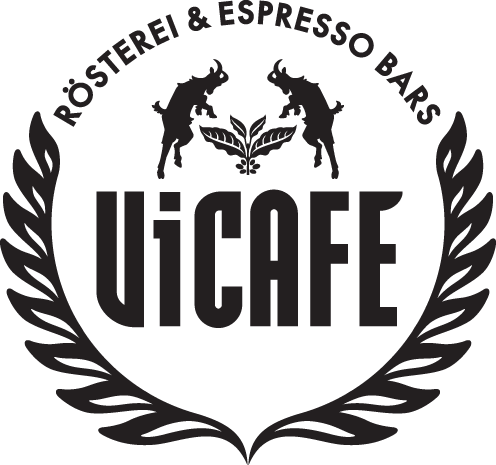

ViCOLLECTIVE AG

canton of Zürich, Switzerland
February 2024
Food products
Manufacturing
Switzerland
ViCAFE is a specialty coffee brand headquartered in Zurich and a part of ViCOLLECTIVE AG. We currently operate 18 Espresso Bars in Zurich, Basel, and Eglisau, where we aim to create an exceptional on-the-go coffee experience through our renowned coffee windows. We also make our coffee available online, in select Swiss retailers and offer a unique coffee experience as a workplace solution for B2B customers. Our coffee is locally roasted by ourselves in the heart of Zurich, Altstetten alongside our very own bakery. With a team of about 200 employees, we ensure the high-quality of our products, by maintaining control over the entire supply chain from bean to cup. A key aspect of our ViCAFE identity is our relationship with coffee farmers. We only source coffee from farms that we have personally visited and that are keen to continuously improve their farming practices. Together with our farmer partners and the ViFOUNDATION (a foundation that we initiated), we aim to promote agricultural methods that not only sustain their businesses financially, but socially and ecologically too following the principles and ideas of agroecology.
Overall B Impact Score
Governance 15.3
Governance evaluates a company's overall mission, engagement around its social/environmental impact, ethics, and transparency. This section also evaluates the ability of a company to protect their mission and formally consider stakeholders in decision making through their corporate structure (e.g. benefit corporation) or corporate governing documents.
What is this? A company with an Impact Business Model is intentionally designed to create a specific positive outcome for one of its stakeholders - such as workers, community, environment, or customers.
Workers 20.8
Workers evaluates a company’s contributions to its employees’ financial security, health & safety, wellness, career development, and engagement & satisfaction. In addition, this section recognizes business models designed to benefit workers, such as companies that are at least 40% owned by non-executive employees and those that have workforce development programs to support individuals with barriers to employment.
Community 49.0
Community evaluates a company’s engagement with and impact on the communities in which it operates, hires from, and sources from. Topics include diversity, equity & inclusion, economic impact, civic engagement, charitable giving, and supply chain management. In addition, this section recognizes business models that are designed to address specific community-oriented problems, such as poverty alleviation through fair trade sourcing or distribution via microenterprises, producer cooperative models, locally focused economic development, and formal charitable giving commitments.
What is this? A company with an Impact Business Model is intentionally designed to create a specific positive outcome for one of its stakeholders - such as workers, community, environment, or customers.
Environment 21.9
Environment evaluates a company’s overall environmental management practices as well as its impact on the air, climate, water, land, and biodiversity. This includes the direct impact of a company’s operations and, when applicable its supply chain and distribution channels. This section also recognizes companies with environmentally innovative production processes and those that sell products or services that have a positive environmental impact. Some examples might include products and services that create renewable energy, reduce consumption or waste, conserve land or wildlife, provide less toxic alternatives to the market, or educate people about environmental problems.
Customers 1.5
Customers evaluates a company’s stewardship of its customers through the quality of its products and services, ethical marketing, data privacy and security, and feedback channels. In addition, this section recognizes products or services that are designed to address a particular social problem for or through its customers, such as health or educational products, arts & media products, serving underserved customers/clients, and services that improve the social impact of other businesses or organizations.